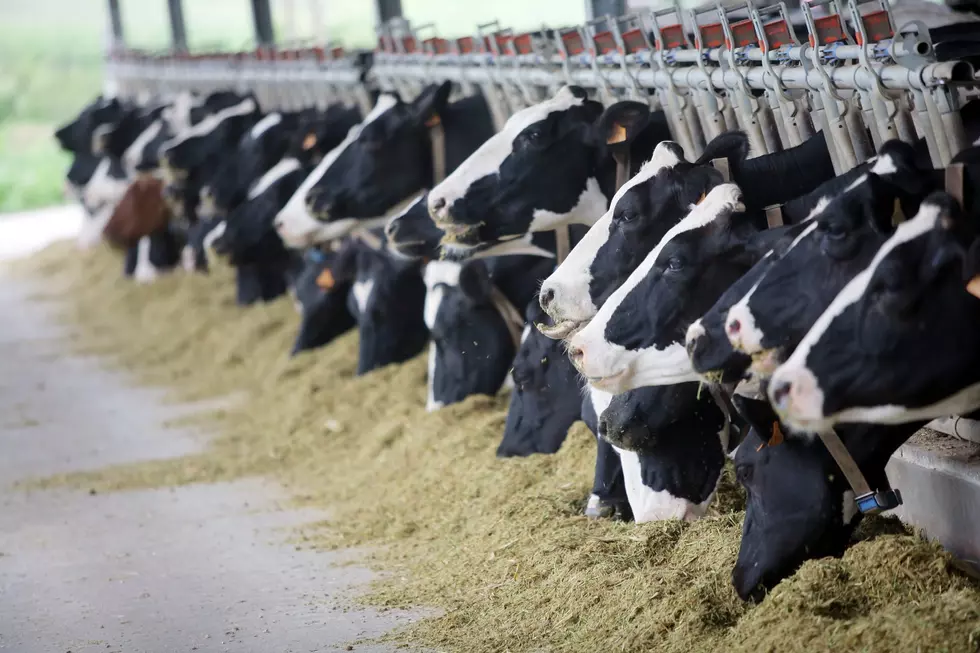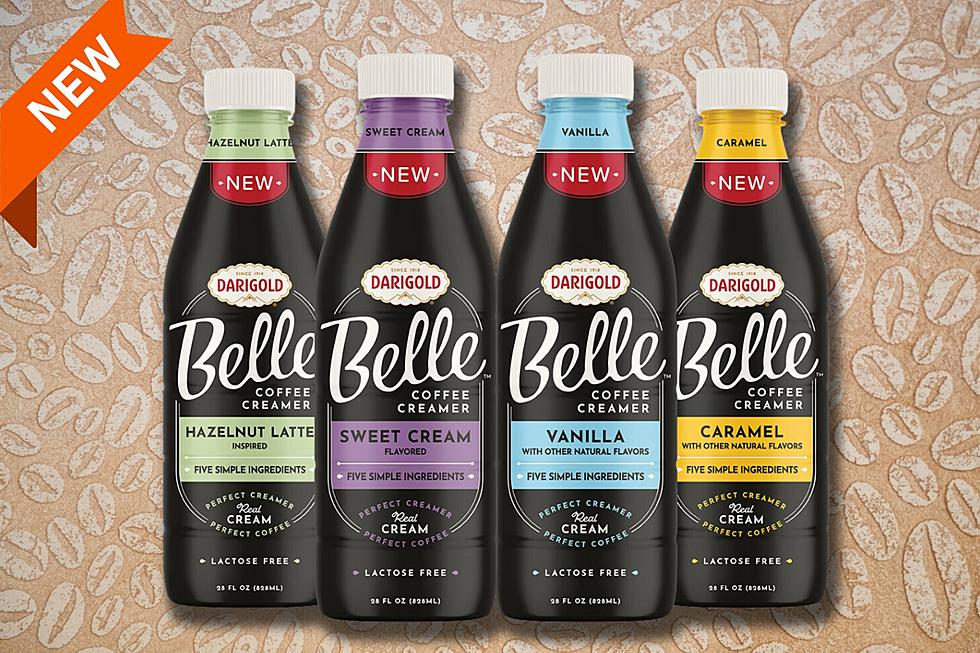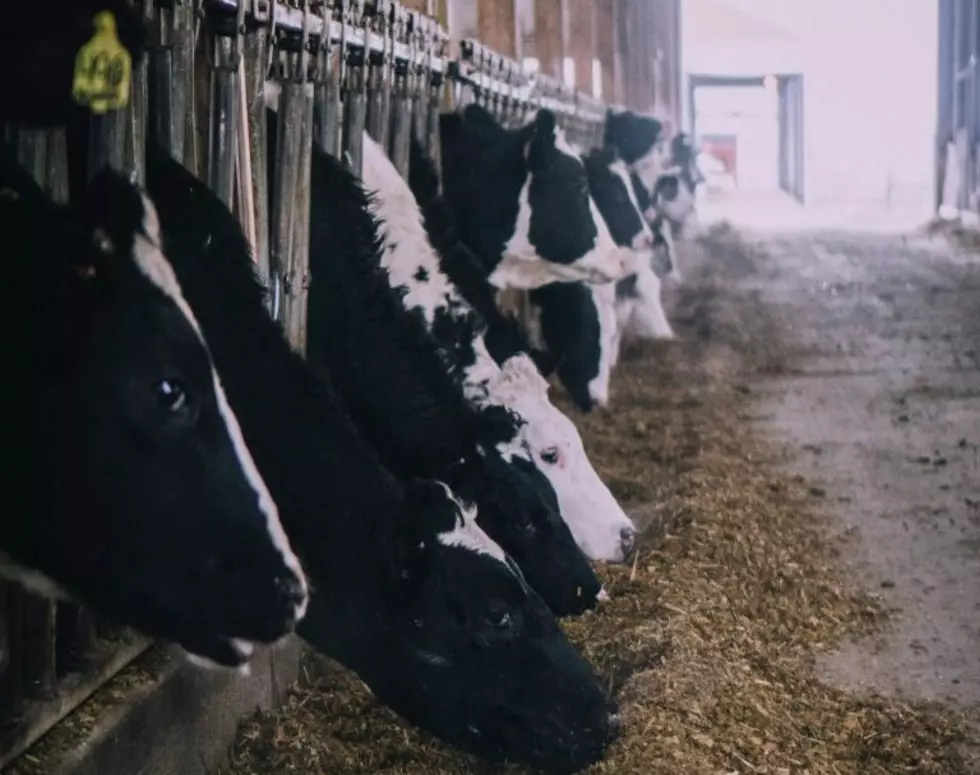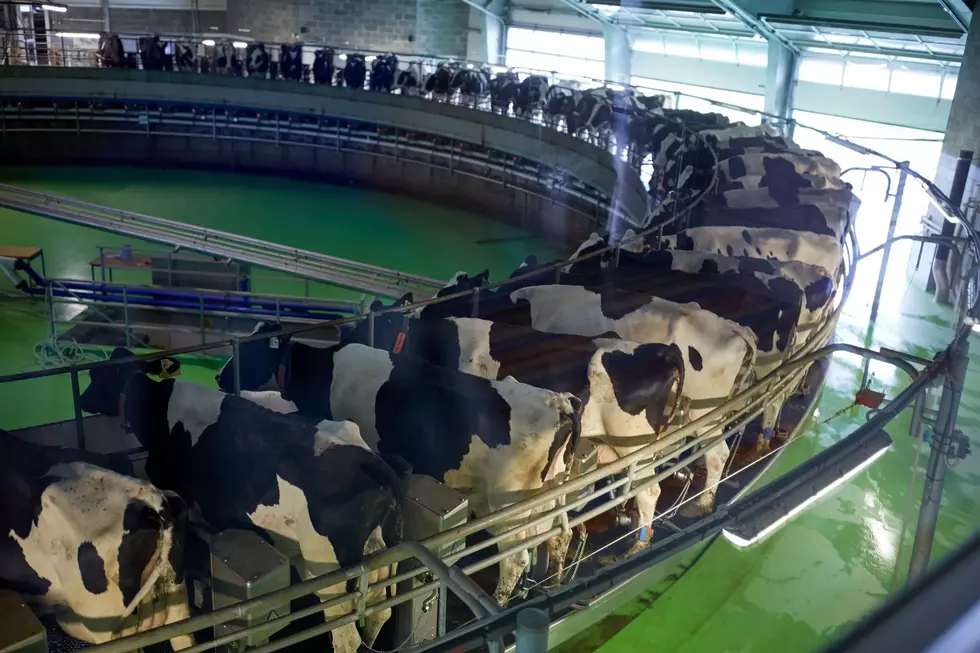
Dairy Industry Needs Strong Leadership For A Strong Future
Leadership at all levels of the agriculture industry is essential to building a positive future for the next generation. Like other membership organizations, Holstein Association USA depends on support from dairy producers who serve on its board of directors and other committees to drive its mission forward.
With the Ag industry representing about 2% of the U.S. population, it’s more important than ever that producers get involved in membership organizations. Take, for instance, Holstein Association USA, which represents the interest of thousands of dairies across the country. A typical board meeting will implement important policies on issues like animal ID, emerging technologies, genomics and ensuring dairy’s story gets told to consumers.
John Marshman, a partner in a 400-head dairy in New York, recently retired from the board after seven years of service. He said his time on the board broadened his industry perspective.
"On a day-to-day basis, it’s all about the ability to manage your cattle and the data that you get, because of the ancestry and the different things that Holstein involves you with and the programs they help you to manage that is pretty much second-to-none.”
Marshman isn’t alone in his sentiment. Tony Brey of Wisconsin, said, being a Holstein board member is a no-brainer.
“We feel, hands-down, that Registered Holsteins are the most profitable dairy animal. Combine that with the fat and protein we can produce with our registered Holsteins, and the health, and the longevity, and the genetic advancement that Holsteins have made, provides an opportunity that no other breed does.”
Bill Genasci noticed quite a production difference when his California dairy began shifting from a commercial herd to registered Holsteins.
"There was an extreme difference in the production and lifetime of these cattle that told me that the more information you get, the better off you are. Registered Holsteins provide with so much more information, and it turns out to be profitable in the end.”
In fact, the profits allowed the farm to grow from 300-head to 1,300. That proof of performance lead Genasci to want to be on the breed association’s board, where his Holstein education continued.
“The amount of information that you can gain outside of the meetings, talking to each other, and the amount of information you gain at the meetings has been extremely helpful to me, and has allowed me to help some other people along the way.”
Marshman said his time on the board has been a humbling, and beneficial, experience.
“Oh, I think the message is that you get out of it more than you put in. You know, I thought I knew a lot about what was going on in the programs, but I’ve been able to use a lot of my experiences to help me back on the farm, so I would think that’s a real benefit that you don’t think about.”
If you have a story idea for the PNW Ag Network, call (509) 547-1618, or e-mail glenn.vaagen@townsquaremedia.com
More From PNW Ag Network









